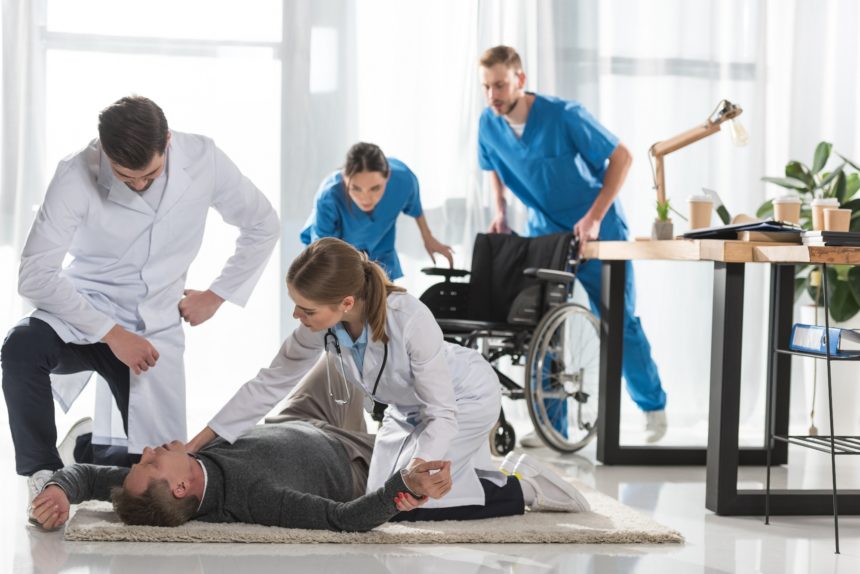You might have believed you were standing only several seconds ago. It leaves you wondering, what actually transpired? Gradually, it begins to come back to you. You began to feel lightheaded and nauseous, and before you knew it, you were lying on the ground, bewildered and disoriented. According to recent surveys, about half of the U.S. population has passed out at least once in their lives. Thus, it is evident that you are not alone. What are your options now? Dr. Percy F. Morales, MD, a certified electrophysiologist and cardiologist, offers his thoughts on Houston Syncope. This post takes a greater insight into syncope; read on to find out more!
What Is the Cause of Syncope?
Syncope occurs whenever the brain does not receive sufficient blood for a short period. One of the most prevalent causes of this condition is vasovagal syncope.
When you suffer vasovagal syncope, your body reacts by slowing down your heartbeat or expanding your blood vessels (or both). It could occur because of various causes, such as when you are under stress from pain or anxiety, stand for long hours, become overheated, or over-exhausted. Other potential reasons for vasovagal syncope include an unexpected reaction to coughing, urinating, or other bodily functionalities.
However, more regularly, vasovagal syncope occurs for no apparent reason. Syncope that is not vasovagal is also possible and could occur as a result of the following issues:
- Something is obstructing blood circulation in the heart
- The heart pumps excessively fast or slowly due to difficulties with the heart’s electrical system or adverse reactions from some medications
- Your blood pressure falls once you sit up or stand because of dehydration, particular drugs, alcohol consumption, or losing excessive blood
Is It possible to Avoid Syncope?
You have probably experienced lightheadedness or dizziness at some point in life. If you have ever had a fainting spell, keep an eye out for the following signs:
- Dizziness or lightheadedness
- Nausea
- Tunnel vision
- Clamminess or perspiration
If you are experiencing these sensations, sit or lie down and do not get up till your body feels normal again. Ensure you also take plenty of water.
In addition, you can decrease your likelihood of another fainting episode by addressing the root cause of your syncope. Whether it is a certain drug, condition, or activity, Dr. Morales advises you to try avoiding it.
If You Pass Out, What Should You Do?
Fainting could be nerve-wracking! Although it is unlikely to result in a diagnosis of a significant health issue, it is always a good idea to contact your physician and be examined.
Your physician will review your health records and conduct a comprehensive physical examination. If your fainting incident is suspected to be a precursor to anything more dangerous, like a heart issue, you will almost certainly be subjected to a battery of testing. These include:
- Electrocardiogram (ECG or EKG)- it monitors your heart’s electrical activity
- Holter Monitor- is an EKG that continuously records your heartbeat for about 48 hours to identify irregular heart rhythms
- Tilt Table Test- checks heart rate and blood pressure as the table tilts at various angles
While it may be tempting to ignore your fainting spell, it is wise to keep track of it. Schedule a consultation with Percy F Morales, MD, through mobile or request online using the online booking feature.










